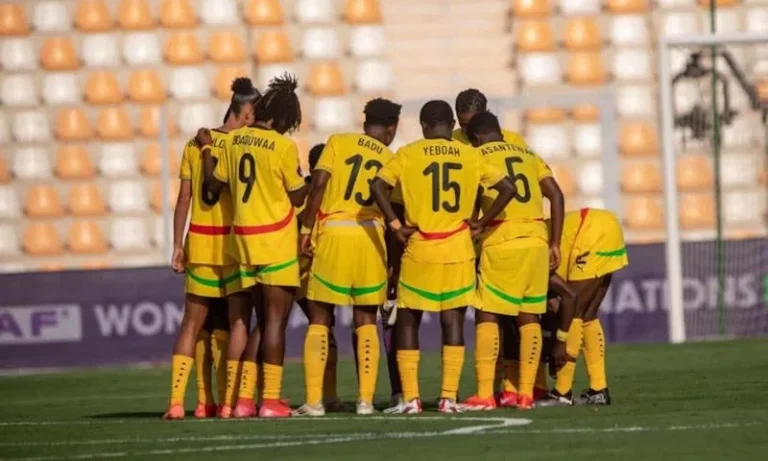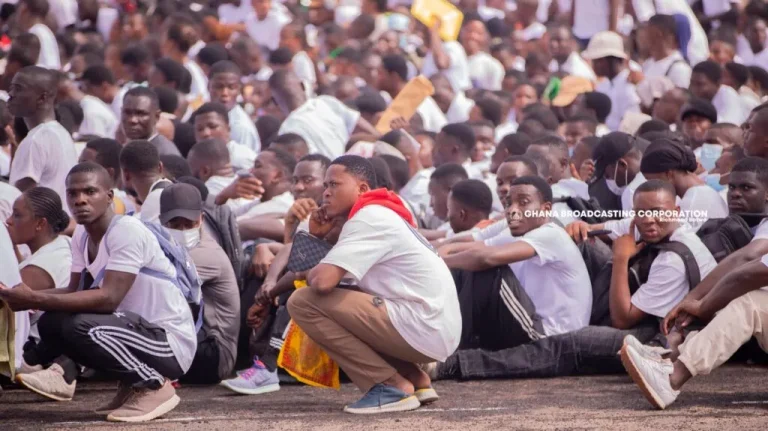
White shorts continue to affect women's performance and involvement.
ZURICH, July 17 (Reuters) Professional women’s soccer teams have gradually shifted away from wearing white shorts to address period anxiety concerns, but studies show that the issue continues to have an influence on performance and discourages young girls from participating in sports.
Alex Krumer, a professor of sports economics at Molde University College in Norway, presented his 2024 peer-reviewed paper on the performance effects of wearing white shorts to an audience at the University of St. Gallen last week, which coincided with the Women’s European Championships in Switzerland.
Krumer’s study, which included data from World Cups and European Championships from 2002 to 2023, discovered that women’s teams wearing white shorts scored an average of 1.27 points each game, compared to 1.57 points for teams wearing dark colours. Men’s teams showed no decrease in performance when wearing white.
Krumer stated that there had not been enough discussion about the subject.
“Sports should be a vehicle for gender empowerment,” he told Reuters. “It’s about inclusiveness, because this is an exclusive part in women’s soccer, not necessarily for professionals but for the young girls this is important.”
Denmark, Norway, and Finland are among the teams at Euro 2025 that will wear white shorts.
“My colleague texted me, ‘Alex, they’re playing games in white shorts.'” “It feels like they really want to piss you off,” he explained.
Following player protests, England’s Lionesses switched from white to blue shorts for the 2023 World Cup. Captain Leah Williamson believes that discussing menstruation in sports should be normalised.
“Half of the population has one; you are not alone,” the defender stated in an interview with the Football Association earlier this year.
“We empower each other in so many other ways that this is but one small cog in the wheel of mutual empowerment. There is no shame, which I believe is the most important factor in our freedom.”
The National Women’s Soccer League in the United States will discontinue white shorts in 2024, after the league and Nike phased them out over menstruation concerns. The Wimbledon tennis Grand Slam altered its all-white attire requirement for women in 2023, letting them to wear black underwear.
Williamson and England footballer Beth Mead took part in an Arsenal campaign in February aimed at eradicating the stigma associated with periods in sports.
“You don’t want to feel ashamed, and being at school with males and banter, you’re raised to believe that it’s a very shameful thing. “There’s so much trash around it,” Williamson told the Football Association. “I play sports to feel free. I can’t be free while worried about the most natural thing in the world.”
Menstruation was discussed during this year’s UEFA Medical Symposium in Lugano.
“The menstrual cycle is not only a taboo topic in sport, but it also serves as a significant barrier to participation,” Europe’s soccer governing body stated.
“According to research from UEFA partner Adidas, 65% of those who menstruate say that period leaking is their number one concern when playing sport.”
A separate 2024 survey conducted by the UK charity Youth Sport Trust found that six out of ten girls are afraid to participate in sports because of period leakage.
“We should be saying to girls ‘Look, we’re dropping (white shorts) because we care about you, so come and play football’,” said Krumer.
“If the uniform is an obstacle to (girls) participating, you are reducing their social network, whereas boys don’t have this obstacle of uniform.”
Krumer was frustrated by the absence of historical statistics on women’s soccer compared to men’s.
“Even European Championships or World Cups, going back to 2003, that was really challenging to find data on women’s football, like pictures or videos,” he told me. “For males, it’s so simple. However, data on women is just unavailable.








